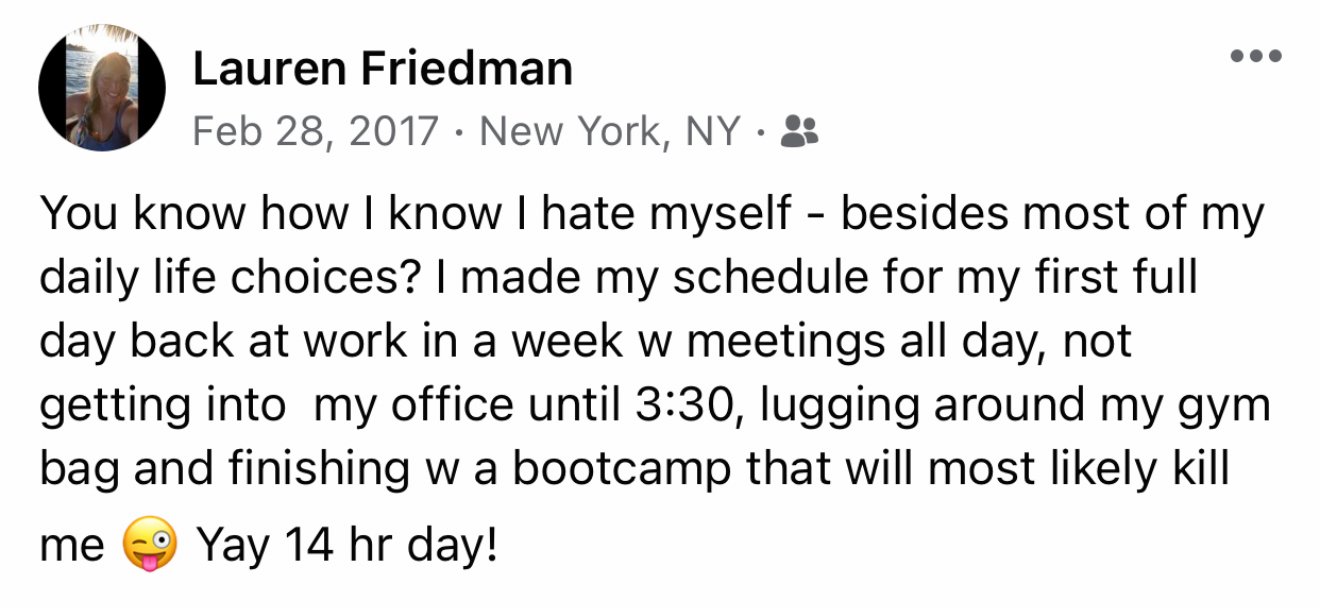Dysfunctional family ROLES
‘THE MORE YOU SUFFER, THE MORE IT SHOWS YOU REALLY CARE, RIGHT? YEAH’ — THE OFFSPRING
-
Typically, the oldest child
Responsible, Organized, Trustworthy, “Perfect Child”
Achievements and Successes serve as distraction from underlying family issues providing a sense of validation and accomplishment
-
Drawn to achievement and perfectionism
Overworked, feeling pressure to get things “right’ without mistakes or the freedom to mess up
-
Caught in the middle of conflicts within family
Mediate between opposing parent and/or sibling as an attempt to maintain peace and harmony
Suppression of own needs; becomes adept at reading and responding to others’ emotions
-
Very adaptable
May ignore their own needs while often avoiding conflict
-
Uses humor and comedy to lighten tense situations, and distract from underlying problems
Source of entertainment and relief in family, deflecting from seriousness of issues
Ability to read the room and gauge tension levels, to avoid conflict and negative emotions
-
Difficulty connecting to their true feelings and often distracting with humor
Dysfunctional family ROLES
‘WE NEVER ASK OURSELVES THE QUESTIONS TO THE ANSWERS THAT NOBODY EVEN WANTS TO KNOW’ — EVERCLEAR
-
Takes charge and gets sh*t done
Responsible for coordinating schedules, managing household chores and ensuring smooth functioning of the family
-
Struggles to rest and relax or stay in the present moment
May feel resentful because it is difficult to say no
-
Coincides with Hero or Troublemaker roles
Less attention within family and feels overlooked and/or left behind
Child who has a sibling and/or parent struggling with physical and/or mental illness or part of a large family
Quiet, passive and struggles with feelings of loneliness and the need for love and attention
-
Learns to take care of themselves and struggles with asking for help or receiving support
-
Blamed for all of family’s problems
Defiant and disobedient or simply perceived as different from rest of family
Allows family to deny and ignore more significant issues in the family
Truth-Teller which can be difficult in the system
-
Often blame themselves for difficulties while feeling worthless and guilty
‘SO JUST CHILL TO THE NEXT EPISODE’ — DR. DRE
JOIN LFE’S A WILD ODYSSEY, FROM BARELY SURVIVING THE TIDAL WAVES OF LIFE TO RIDING, FLOWING AND HEALING
WHY GO PROJECT POD
Dysfunctional family ROLES
‘SHE LOOKS LIKE SHE COULD HAVE BEEN HAPPY IN ANOTHER LIFE’ — EVERCLEAR
-
Assumes responsibility of caring for others in family, at the expensive of their own well-being
Enable problematic behaviors — making excuses or denying the consequences of those behaviors
Prevents the individual from facing the full consequences of their actions
-
Often over-function for others
Doing and taking care of things that are outside of their scope of responsibility
-
Sacrifices their own needs
Often seeks acknowledgment and validation within the family
Guilt-trip others or use sarcasm to make others feel indebted or obligated
Creates a sense of guilt in others an perpetuates unhealthy dynamics within family
-
Overextend themselves and often battle feelings of being angry






